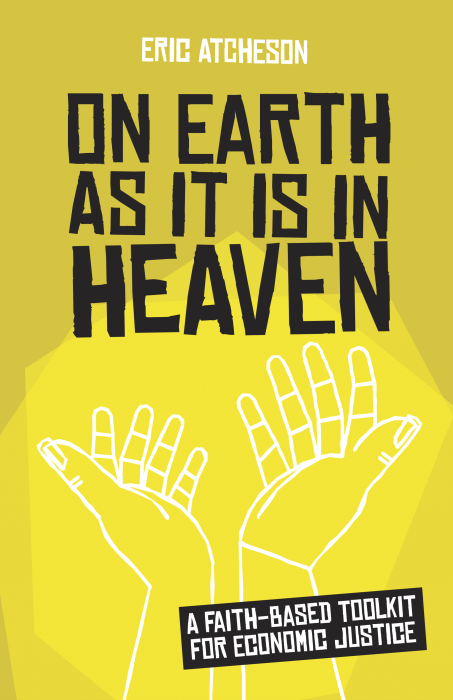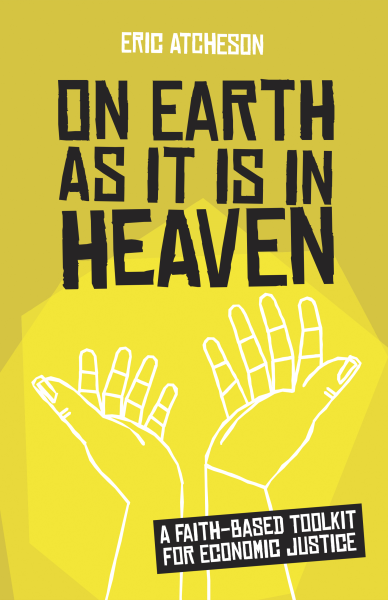Biblical Studies & Theology
Biography / Memoir
Church Supplies & Gifts
Curriculum & Faith Formation
En Español
Gender Studies / LGBTQ
Health and Wellness
Leadership
Liturgy & Worship
Prayer and Spirituality
Series
The Episcopal Church / Anglicanism
The Way of Love

Eric Atcheson
Church Publishing
Apr/2020, 168 Pages, Paperback, 5.5 x 8.5
ISBN: 9781640652262
An economic justice toolkit for Christians
The church is positioned to be an ally of the poor and laborers in their search for social justice and equality, but only if it actively chooses to be. Numerous passages in Scripture convey God’s strong disapproval of inequality point toward a religious imperative to speak out. What are the most effective ways to frame and facilitate discussions about poverty, and how can pastors and activists add to their own understandings of the theological and religious history of labor and work?
By critically examining biblical texts, Church history, and present-day events and experiences, Eric Atcheson offers pastors, activists, and concerned citizens a faith-based toolkit for understanding and addressing the economic disparities present in their communities, as well as ways to initiate hopeful conversations. On Earth as It Is in Heaven is a powerful resource for any of the faithful interested in building a more just and equitable kingdom in the face of increasingly powerful opposition.
Eric Atcheson, is an ordained minister in the Christian Church (Disciples of Christ) and most recently served as pastor of First Christian Church (Disciples of Christ) in Longview, Washington. His work has been published by The Christian Century, Christianity Today, Sojourners, and Christ & Cascadia. He is an engaging presence on social media, writing for his personal blog, The Theophilus Project, and tweeting at @RevEricAtcheson. He lives in Birmingham, Alabama.
"This firm but generous book is a tremendous resource for all pastors, activists, and laypeople looking to better engage questions of race, poverty, and justice in their theological context.”
—Laura Jean Truman, writer, preacher, and chaplain

